How to Get Double Eyelid Surgery in Korea: A Step-by-Step Prep Guide
-in-Gangnam.png)
So, you’re thinking about it. That double eyelid surgery you’ve seen all over social media, and you’re looking at Gangnam, the literal epicenter of it all. It's incredibly exciting, isn't it? But also, let's be real, it’s more than a little nerve-wracking. You're not just getting a new haircut; you're planning a medical procedure, a blepharoplasty, in a whole different country. It's a huge step.
Taking that leap is amazing, and honestly, the success of your Asian blepharoplasty isn't just about the surgeon's final stitch. So much of it is about *your* preparation. How you get ready for your trip and your procedure can make all the difference between a smooth, easy recovery and a stressful, complicated one. This guide is here to walk you through everything, step-by-step. No fluff, just the real, practical things you need to do to prepare for your double eyelid surgery in Gangnam.
First Off, Why Gangnam for Blepharoplasty?
When you say "plastic surgery in Korea," you're almost always talking about Gangnam. This district in Seoul has the highest concentration of plastic surgery clinics *in the world*. It’s not an exaggeration. They are specialists. They perform Asian blepharoplasty procedures all day, every day. The technology is cutting-edge, the surgeons are incredibly experienced with Asian eyelid anatomy, and the competition drives excellence.
But that same density can be overwhelming. How do you choose? How do you plan? That’s why your preparation phase is the most important part of your entire medical tourism journey. Getting this right is non-negotiable.
How to Prepare for Your Double Eyelid Surgery: A Step-by-Step Guide
Step 1: The Research Deep-Dive (Don't Just Use Instagram)
This is the foundation. Do not, I repeat, *do not* just pick the clinic with the flashiest Instagram feed or the most celebrity endorsements. That's marketing, not necessarily medicine. Your preparation for surgery in Korea starts with hardcore research.
- Look for Specialists: You don't want a "jack-of-all-trades" surgeon. You want a board-certified plastic surgeon who *specializes* in ophthalmic plastic surgery or facial procedures. Look for doctors who specifically highlight their expertise in blepharoplasty.
- Check Real Reviews: Go beyond the clinic's own testimonial page. Look at forums like Reddit (r/plasticsurgery), PurseForum, and other third-party review sites. Look for international patient reviews. You want to see how they handle patients who don't speak Korean.
- Analyze Before-and-Afters: This is obvious, but be critical. Don't just look at the "after" shots. Look for "before" photos of eyes that look like *yours*. Do you want an in-fold, an out-fold, or a partial fold? See if their "afters" match the aesthetic you're hoping for. Look for natural results, not just "big" eyes.
- Verify Clinic Credentials: Is the clinic registered with the Korean Ministry of Health and Welfare? Do they have in-house anesthesiologists? These are critical safety questions.
Step 2: The Consultation (Your Virtual Interview)
You can't just fly to Gangnam and walk in. The preparation for your double eyelid surgery involves multiple consultations, and most of them will be virtual. This is your chance to interview the surgeon and the clinic staff.
Questions to ask are everything:
- "Which method do you recommend for me (e.g., full incision, partial incision, non-incisional/suture method) and *why*?"
- "What are the specific risks for my particular eye shape and skin type?"
- "Who will be performing the anesthesia? Is it a certified anesthesiologist?"
- "What does the post-operative care package include? How many follow-up appointments will I have?"
- "What happens if there's a complication after I return to my home country?"
Have clear, high-quality photos of your eyes (front-on, side, looking up, looking down, eyes closed) ready to send. A good clinic will often ask for these before they can give you any real feedback.
Step 3: Medical Prep (Getting Your Body Ready)
This is the part everyone finds boring, but it's maybe the most critical. Your surgeon's skill means nothing if your body isn't ready to heal properly. Your Gangnam clinic will give you a specific list, and you must follow it perfectly.
- Stop Smoking & Vaping: This is the big one. You need to stop all nicotine products at least 4-6 weeks before your surgery. Nicotine constricts blood vessels, which strangles the oxygen supply to your delicate healing tissues. It can lead to bad scarring, infection, and even tissue death. Just stop.
- Avoid Blood Thinners: About two weeks before, you'll need to stop taking *anything* that thins your blood. This includes:
- Aspirin
- Ibuprofen (Advil, Motrin)
- Naproxen (Aleve)
- Herbal supplements like Fish Oil, Vitamin E, Ginseng, and Garlic supplements.
- Arrange Pre-Op Tests: Your clinic may require some basic blood tests (like a CBC) or an EKG to clear you for anesthesia. You can often get these done in your home country and send the results, which saves you a day in Seoul.
- Hydrate and Eat Well: In the weeks leading up, treat your body like a temple. Good hydration and nutritious food (lots of protein) will give your body the building blocks it needs for rapid healing.
Step 4: Logistics and Travel Planning (Your Medical Tourism HQ)
Planning a trip to Korea for plastic surgery is *not* like planning a vacation. Your priorities are different.
- Flights: Book your flight to arrive at Incheon (ICN) at least 2-3 days *before* your surgery date. You need to account for jet lag. You can't be exhausted and puffy from a 14-hour flight and then go straight into surgery.
- Accommodation: Book a hotel or an Airbnb *near your clinic* in Gangnam. You will have multiple follow-up appointments (for stitch removal, check-ups, etc.). You will be swollen, wearing sunglasses, and not feeling 100%. You will *not* want to navigate a 45-minute subway ride for a 10-minute appointment. Convenience is key. Look for places with room service or near simple food spots.
- Book Your Return Flight: Do NOT book your flight home for at least 7-10 days after your surgery. Most clinics remove non-dissolvable stitches around day 5-7. You want to have at least one final check-up after the stitches are out before you get on a pressurized airplane cabin (which can increase swelling). 10-14 days is even better.
- Money: Have your payment sorted. Most clinics take credit cards, but you should inform your bank of your travel plans. Have some Korean Won (KRW) in cash for taxis, pharmacy trips, and food.
Step 5: Pack Smart for Surgery and Recovery
Your "what to pack for Korea" list is different. You're packing for comfort and recovery, not for sightseeing (at least not for the first week).
Your Recovery Essentials Kit:
- Button-Down & Zip-Up Clothing: You will not be able to pull t-shirts or sweaters over your head. Pack button-down pajamas, zip-up hoodies, and loose-fitting tops.
- Sunglasses: This is your new uniform. Get a big, dark, UV-blocking pair of sunglasses. You will wear these *everywhere* to protect your sensitive eyes from the sun and, honestly, to hide the swelling and bruising.
- Neck Pillow: You must sleep with your head elevated (on 2-3 pillows or in a recliner) for at least the first week to minimize swelling. A travel neck pillow is a lifesaver for keeping your head propped up comfortably.
- Gentle Cleansing Wipes: You won't be able to "wash" your face normally for a few days. Gentle, non-scented face wipes are perfect for cleaning your face *around* the surgical site.
- Prescription Medications: Bring any regular medications you take from home, plus the prescription (just in case).
- Dry Shampoo: A must-have. You may not be allowed to shower or wash your hair for a couple of days, especially not letting the water run over your face.
- Low-Sodium Snacks: Salt = Swelling. Pack some low-sodium snacks, or plan to buy them when you land. Pumpkin juice is a famous de-puffing drink in Korea you can buy at any convenience store.
Step 6: Mental and Emotional Preparation (The Part No One Talks About)
This is a big one. You're going to have a moment, probably around day 3 of recovery, where you are swollen, bruised, and look *nothing* like the "after" photos. You might look in the mirror and think, "What have I done?"
This is normal. It's called the "post-op blues," and it's a real emotional reaction to the anesthesia, the physical trauma of surgery, and the shock of seeing your face look different.
Prepare for it. Understand that **swelling is not your final result**. Healing is a process that takes weeks, and the final, *final* result can take 6 months to a year to settle. Be patient with yourself. Have your Netflix queue ready, download audiobooks, and have a friend you can call. Trust the process.
Step 7: The Final 24-48 Hours Before Surgery
You're in Seoul. You're checked in. Here's the final checklist.
- Fasting: This is the most important pre-op instruction. Your clinic will tell you exactly when to stop eating and drinking (NPO - "nothing by mouth"). This is usually 8 hours before surgery. It is *not* a suggestion. It's a critical safety rule for anesthesia. Do not even chew gum.
- Final Shower: The night before or the morning of, take a thorough shower. Wash your hair. Wash your face with a gentle, non-medicated soap.
- Go Bare-Faced: Arrive at the clinic with absolutely *nothing* on your face. No makeup, no moisturizer, no sunscreen, no serums. Nothing.
- No Jewelry or Contacts: Leave all jewelry, piercings, and valuables at your hotel. Wear your glasses, not your contact lenses.
- Wear Comfy Clothes: Wear that zip-up hoodie and loose pants to the clinic. You'll change into a gown there, and you'll want to be comfortable when you're heading home.
Common Mistakes to Avoid When Prepping for Surgery in Gangnam
- Skimping on Research: Choosing a clinic based on price alone is the biggest mistake. This is your face.
- Lying on Your Medical Form: Don't "forget" to mention that supplement you take or that you smoke socially. It can have disastrous complications. Be 100% honest.
- Booking Your Return Flight Too Early: Giving yourself only 5 days is a bad idea. What if you have a small issue or your healing is slow? You'll be in a panic. Give yourself the buffer.
- Having Unrealistic Expectations: You will not look like your favorite K-pop star. You will look like *you*, but with a different eyelid crease. Your surgeon is working with your unique anatomy.
- Ignoring Aftercare: Thinking the surgery is the end. It's not. The aftercare (cold packs, sleeping elevated, keeping the area clean, avoiding exercise) is just as important as the surgery itself.
Frequently Asked Questions (What People Also Ask) About Blepharoplasty Prep
What should I absolutely NOT do before double eyelid surgery?
The most critical things are: **Do not smoke** (or vape) for at least 4 weeks before. **Do not take blood-thinning medications** or supplements (like Aspirin, Ibuprofen, Fish Oil, or Vitamin E) for 2 weeks before. And **do not eat or drink** for at least 8 hours before your surgery, or as directed by your clinic.
How long should I plan to be in Korea for double eyelid surgery?
A safe minimum is 10 days. This gives you a couple of days to settle in pre-surgery, the surgery day itself, and then 7 days for initial recovery and stitch removal (which usually happens between day 5-7). 14 days is even better, as it allows for a final follow-up after your stitches are out before you fly.
What is the best age for double eyelid surgery?
Legally, you must be of adult age (in Korea, that's 19) to consent for yourself. Many surgeons prefer patients to be in their late teens or early 20s at the youngest, to ensure their facial features are fully developed. There is no "upper" age limit, as many people get blepharoplasty in their 40s, 50s, and 60s to correct sagging (ptosis).
Can I wear makeup to my consultation?
To your *virtual* consultation, it doesn't matter. But for your *in-person* consultation in Gangnam (which will happen the day before or day of your surgery), you must go completely bare-faced. The surgeon needs to see your natural eyelid, muscle strength, and skin quality to make their final surgical markings.
Does double eyelid surgery hurt?
The procedure itself, no. You will be under local anesthesia with sedation (most common) or general anesthesia, so you won't feel anything. After the surgery, you won't feel sharp "pain," but most people describe a feeling of tightness, soreness, and discomfort, like your eyes are heavy or strained. This is easily managed with the prescribed pain medication and cold packs.
How do you sleep after blepharoplasty?
This is a key part of recovery. You *must* sleep on your back with your head elevated on 2-3 pillows. A recliner or a good neck pillow can help. This helps gravity drain fluid away from your eyes and is the single best way to minimize swelling.
Is Gangnam safe for plastic surgery?
Yes, Gangnam is generally considered extremely safe and is a world leader in plastic surgery, *if* you do your research and choose a reputable, board-certified clinic. The high standards, advanced technology, and specialization make it a top destination. The "danger" comes from choosing uncertified "ghost doctors" or bargain-basement clinics.
Your Journey Starts with a Plan, Not a Plane Ticket
Preparing for your double eyelid surgery in Gangnam is a journey in itself. It’s more than just booking a flight and pointing to a picture. It’s this careful, thoughtful process of research, medical preparation, and logistical planning that sets the stage for the results you're dreaming of. It's a lot to handle, and it's normal to feel overwhelmed.
But you don't have to figure it all out alone. All this planning—the research, vetting clinics, coordinating consultations, and managing the logistics of medical tourism—is exactly what we do. **PlacidWay Medical Tourism is here to be your partner in this.** We can help you connect with pre-screened, world-class blepharoplasty specialists in Gangnam, manage your virtual consultations, and take the guesswork out of the planning. We're here to build your confidence long before you ever step on the plane.
Ready to take the next step with clarity and support? Contact PlacidWay today for a free consultation, and let's start planning your journey with confidence.


.png)

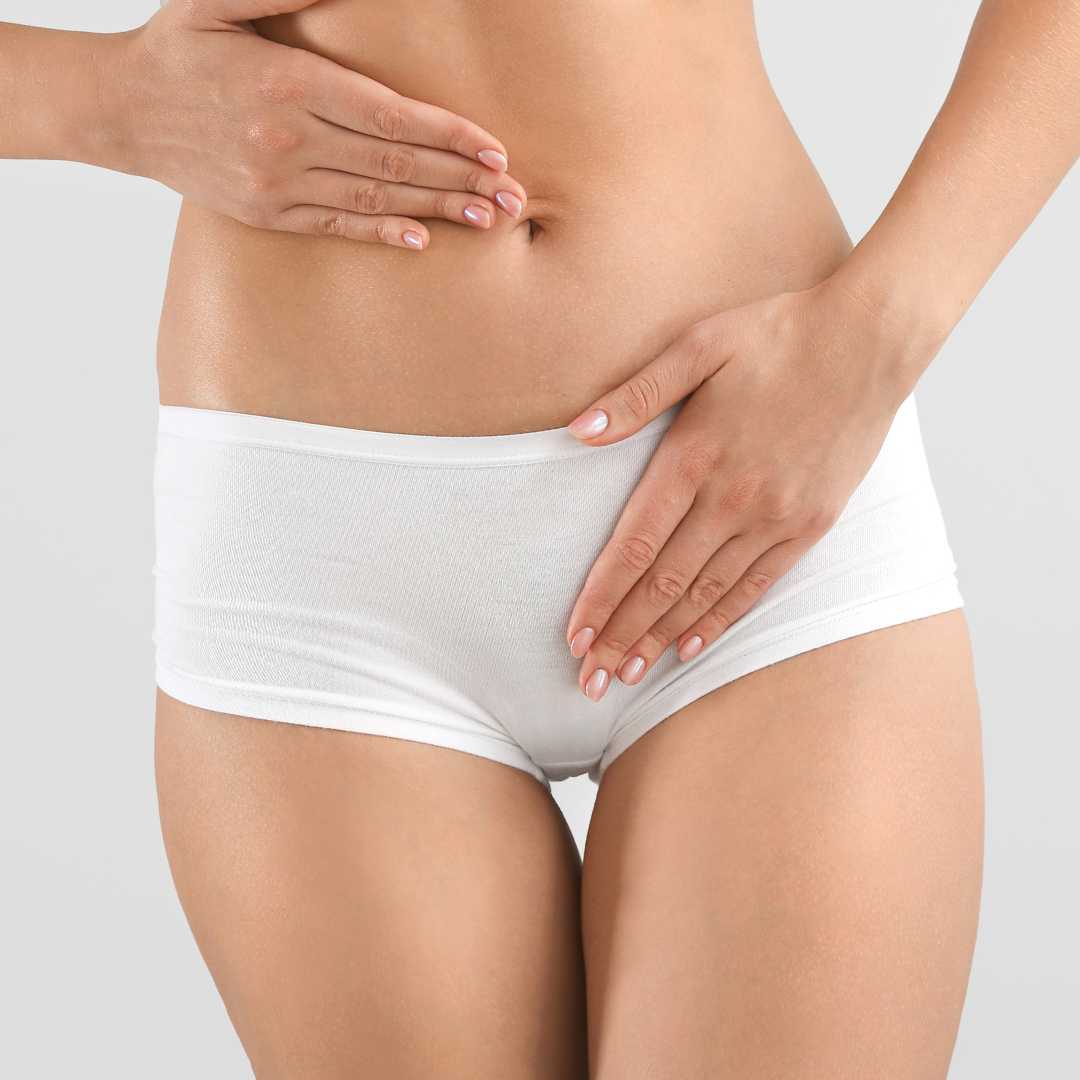
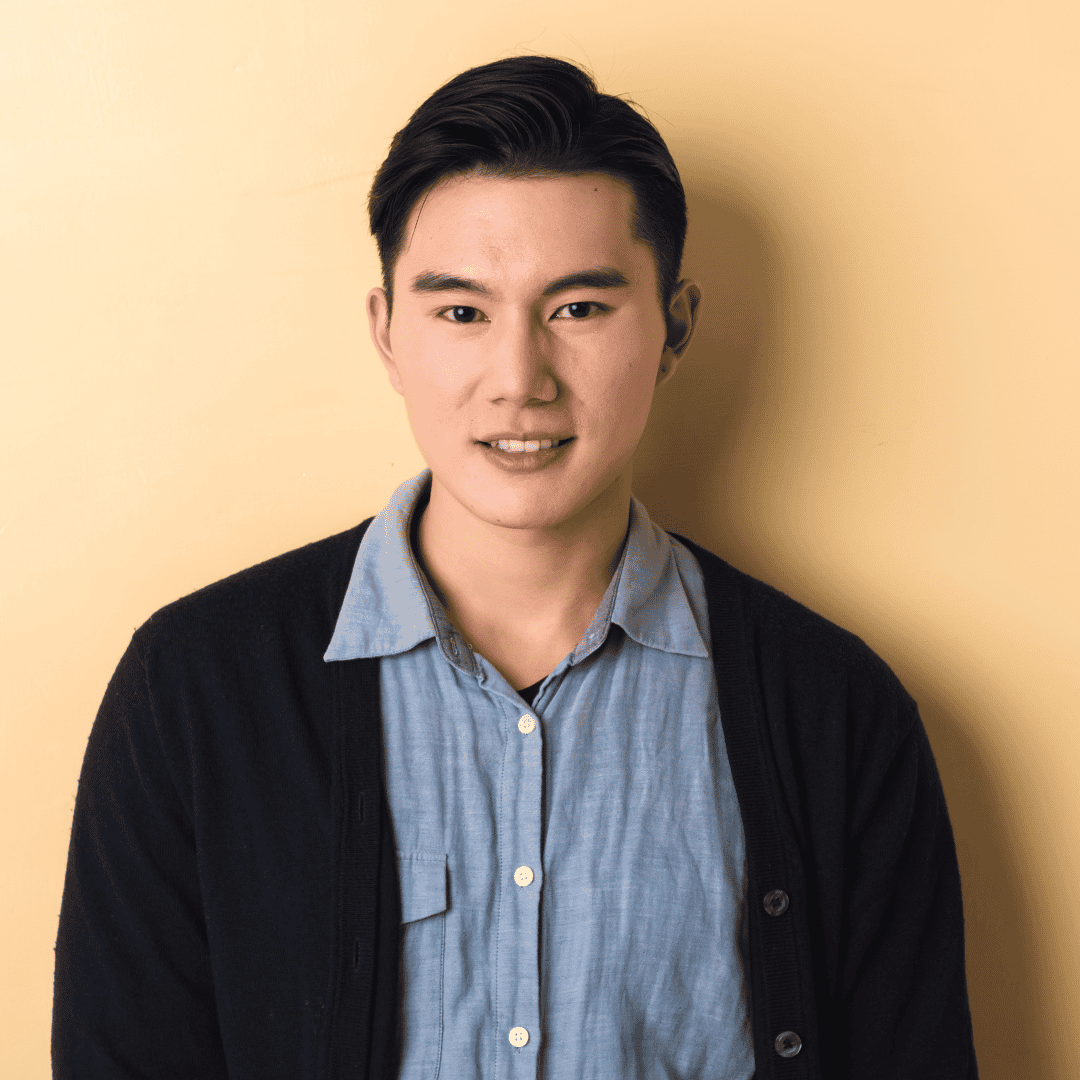




.png)
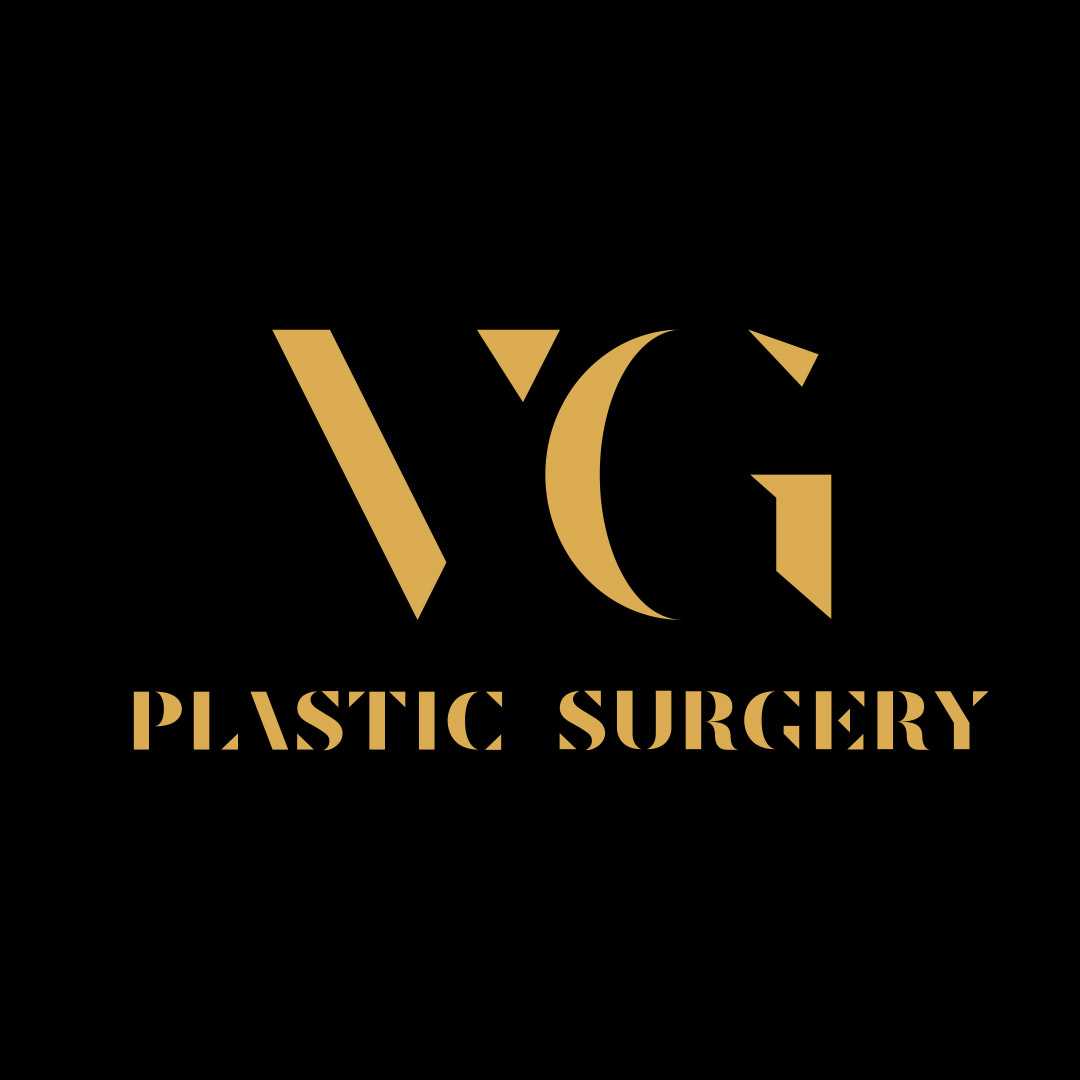
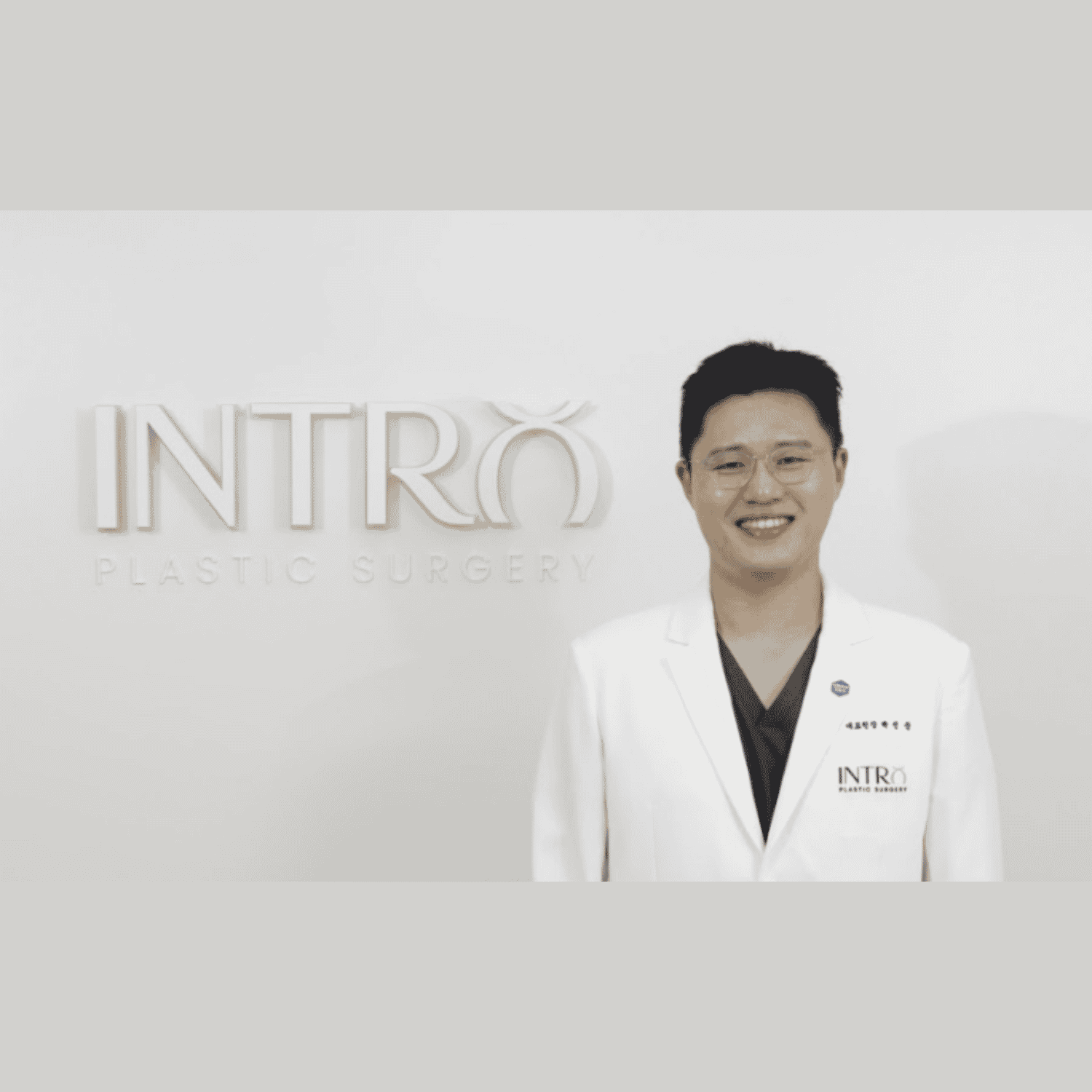
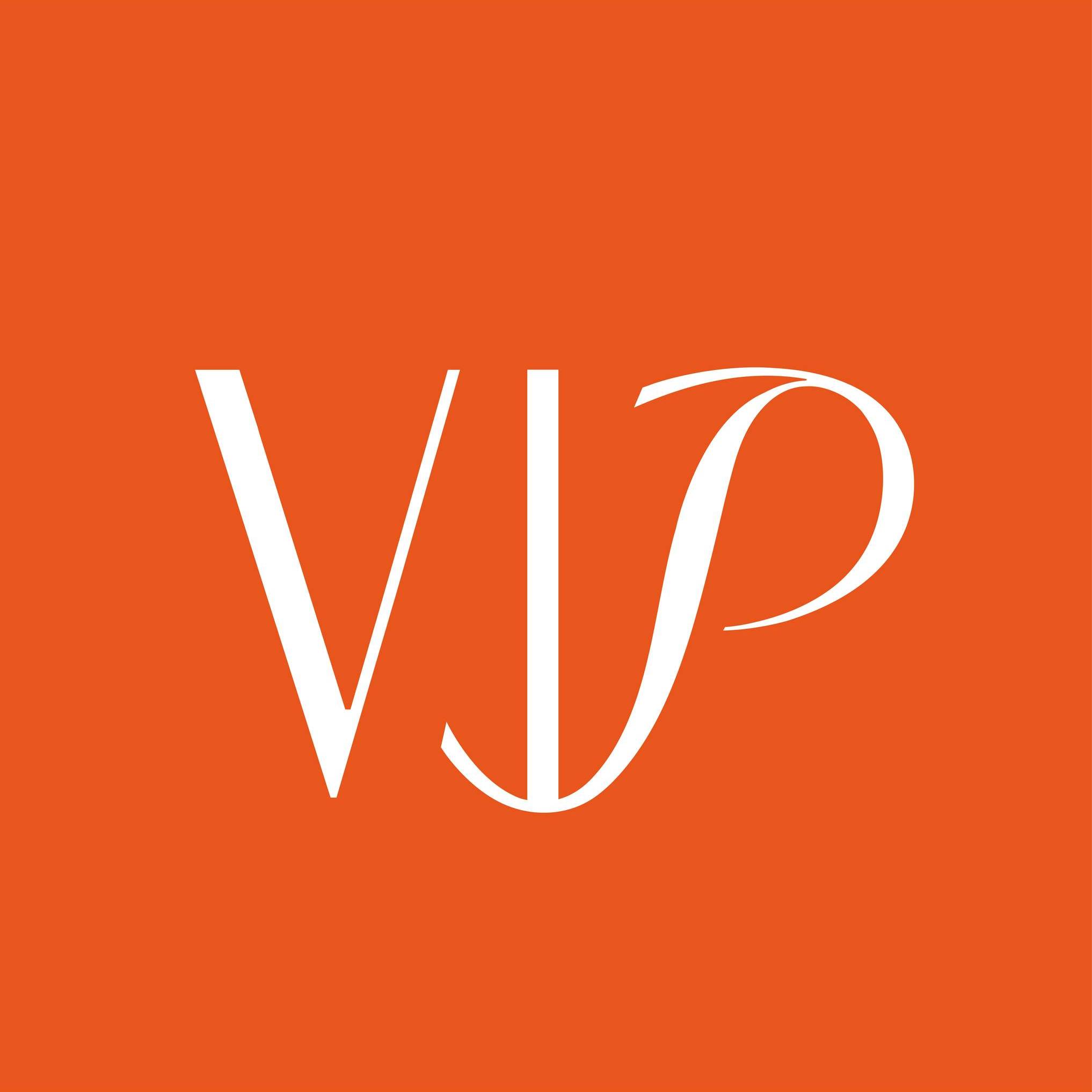
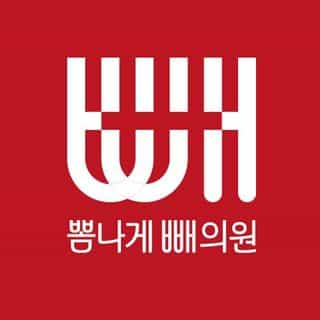
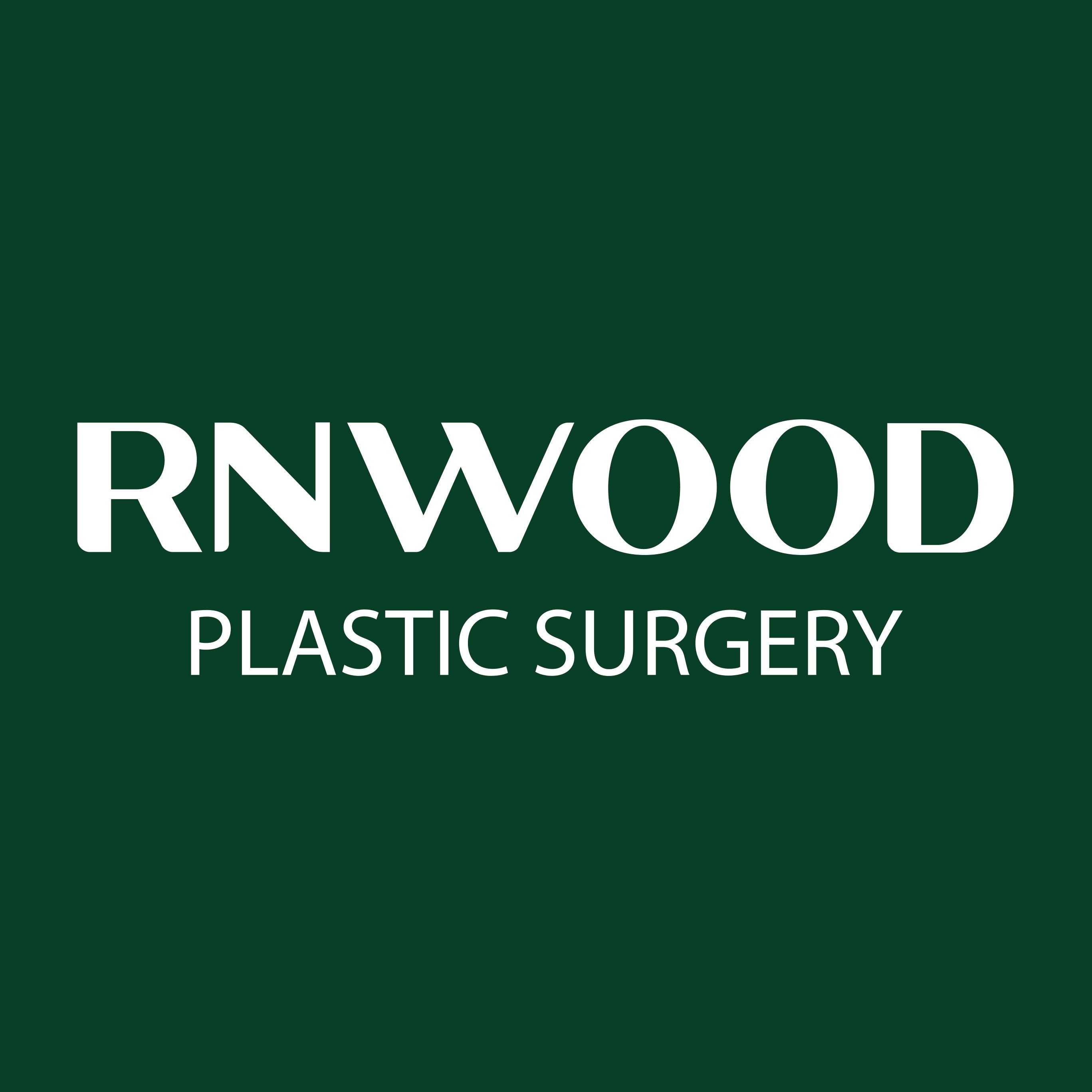

Share this listing